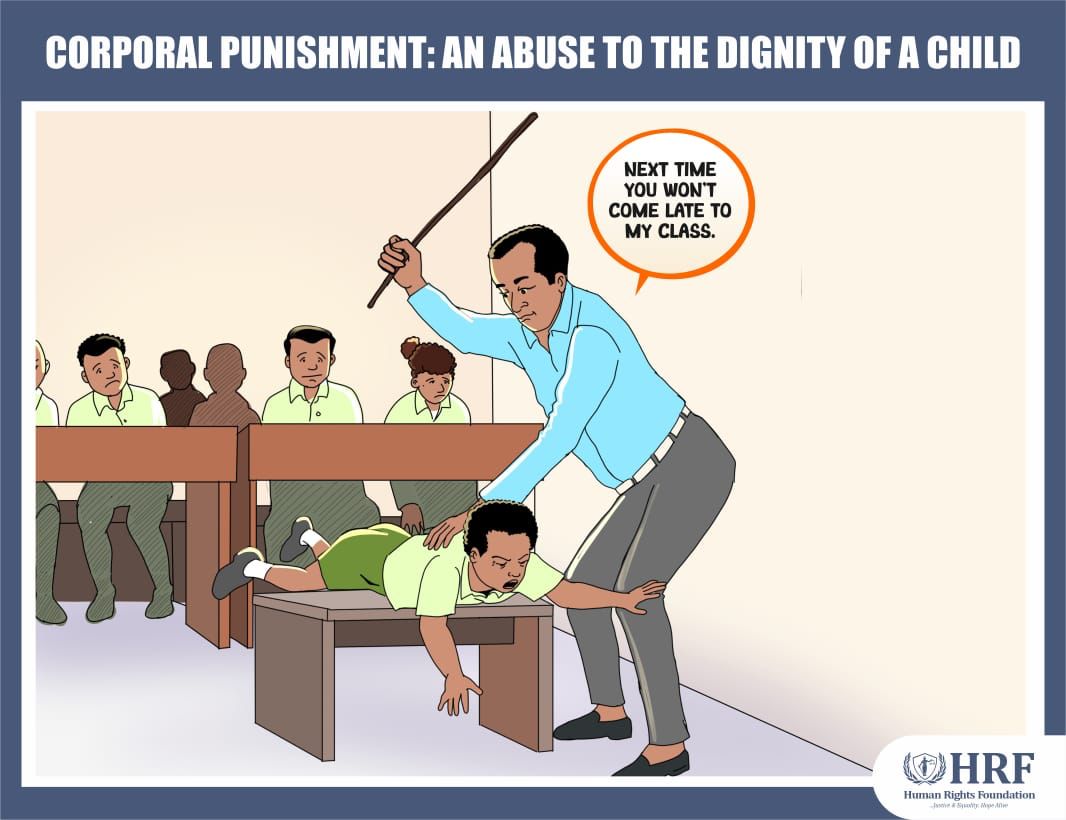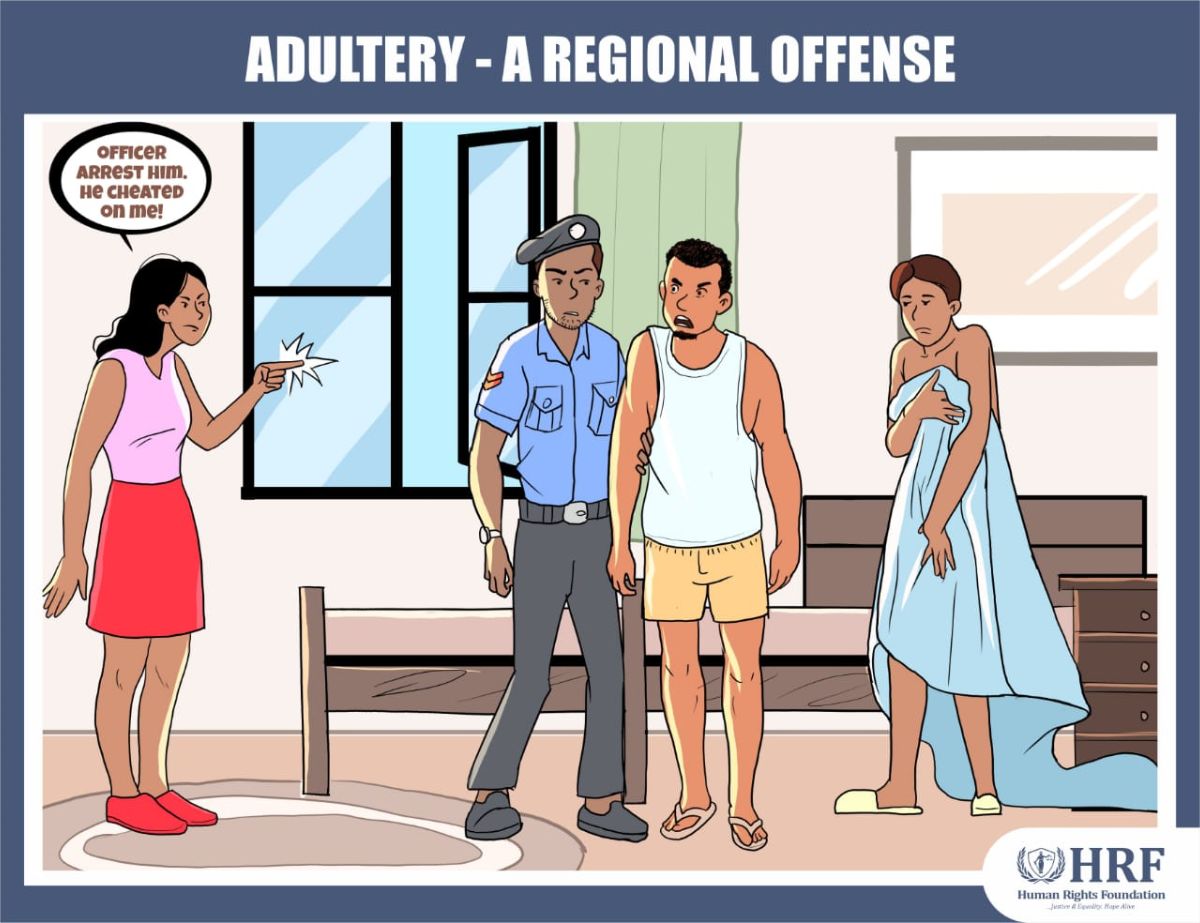.jpg)
“Eternal vigilance is the price of liberty. We must remain vigilant — especially when the state becomes too interested in the speech of its citizens.” - Wendell Phillips.
The recent arrest of Nigerian social commentator, Martin Otse, a.k.a VeryDarkMan (VDM), by operatives of the Economic and Financial Crimes Commission (EFCC) raises fundamental questions not only about the bounds of lawful state action but, more importantly, about the health of our democracy and the sanctity of the rule of law.
While no citizen is above the law — and rightly so — the law, in turn, must not be used as a weapon of intimidation or vengeance. The EFCC, a statutory body established under the EFCC Act, 2004, is mandated to investigate and prosecute economic and financial crimes. It must not allow itself to become the instrument of political vendetta or social repression. The action becomes suspect and constitutionally questionable when arrests are made under the veil of investigation without a clear and immediate nexus to the agency’s core mandate.
The 1999 Constitution of the Federal Republic of Nigeria (as amended), in Section 35, guarantees every citizen the right to personal liberty and, in Section 39, the right to freedom of expression. These are not ornamental provisions; they are the pillars upon which any free society stands. The courts have echoed this sentiment. In Director of SSS v. Agbakoba (1999) 3 NWLR (Pt. 595) 314, the Court of Appeal stated unequivocally that:
“The liberty of the individual is the very essence of a democratic society.”
Similarly, in Arthur Nwankwo v. The State (1985) 6 NCLR 228, the Court cautioned against any state attempt to suppress freedom of expression, observing that:
“Those who occupy public offices must develop thick skin to public criticism.”
VDM, known for his fierce and sometimes controversial commentaries, has assumed the role of an unconventional civic watchdog. Whether one agrees with his style or not, his right to speak truth to power, however uncomfortable, is constitutionally protected. Any attempt to muzzle such voices under dubious legal pretexts offends not only the spirit of the Constitution but the conscience of a free people.
Let it be made clear: the fight against cyberbullying, defamation, or misinformation is legitimate. However, redress must be sought through lawful channels, civil suits, and judicial remedies, not the handcuffs of agencies meant to chase economic saboteurs. As the Supreme Court warned in Ojukwu v. Governor of Lagos State (1986) 1 NWLR (Pt. 18) 621, the state must not be seen to act above the law, lest it erodes its own moral authority.
As a nation yearning for growth and development, we must resist the temptation to persecute voices of dissent under the guise of law enforcement. The misuse of institutional power, especially against social commentators, bloggers, and media activists, sets a dangerous precedent. We must protect the right to critique, to question, and even to offend — for without these, we are but a democracy in name alone.
The path forward is simple: Adhere strictly to the rule of law. If VDM has committed an offence within the EFCC's jurisdiction, let him be charged promptly. If not, all charges should be dropped. Injustice in any form, even against the unpopular, is a wound against us all.



.jpg)
0 Comments